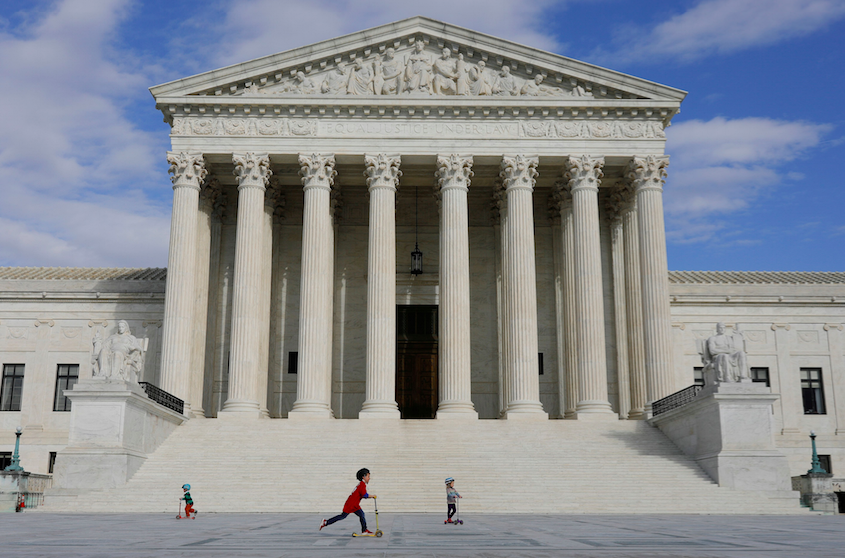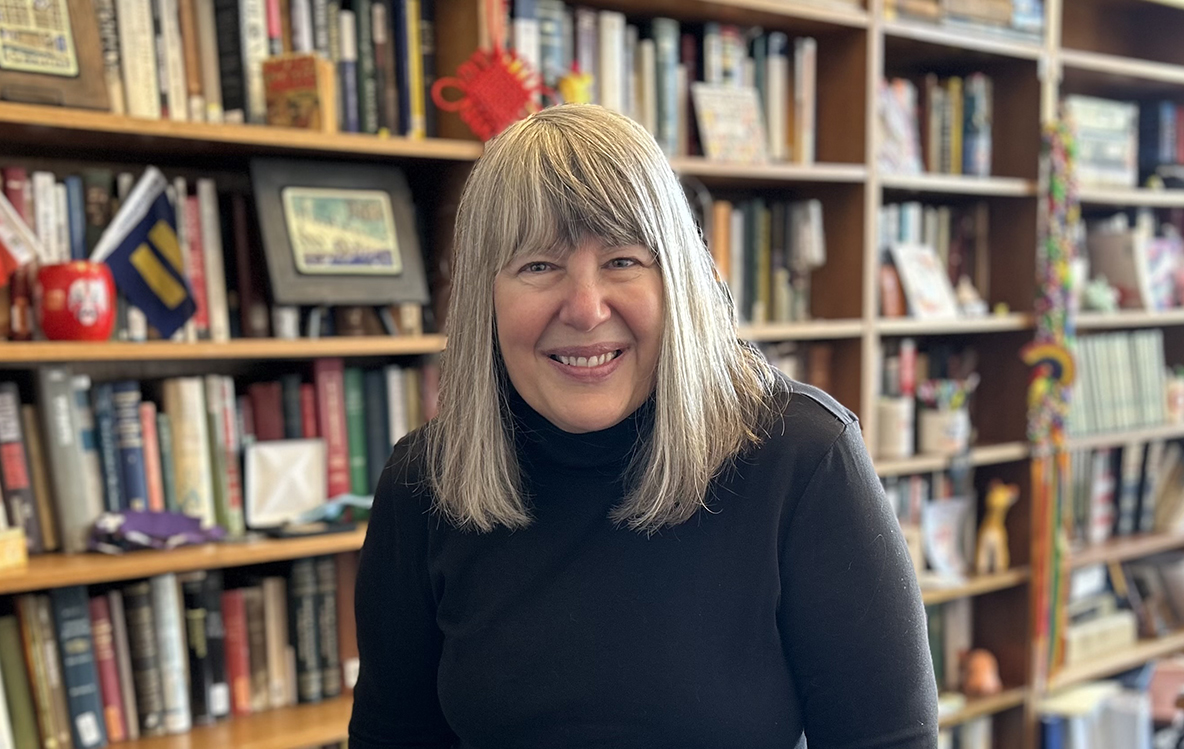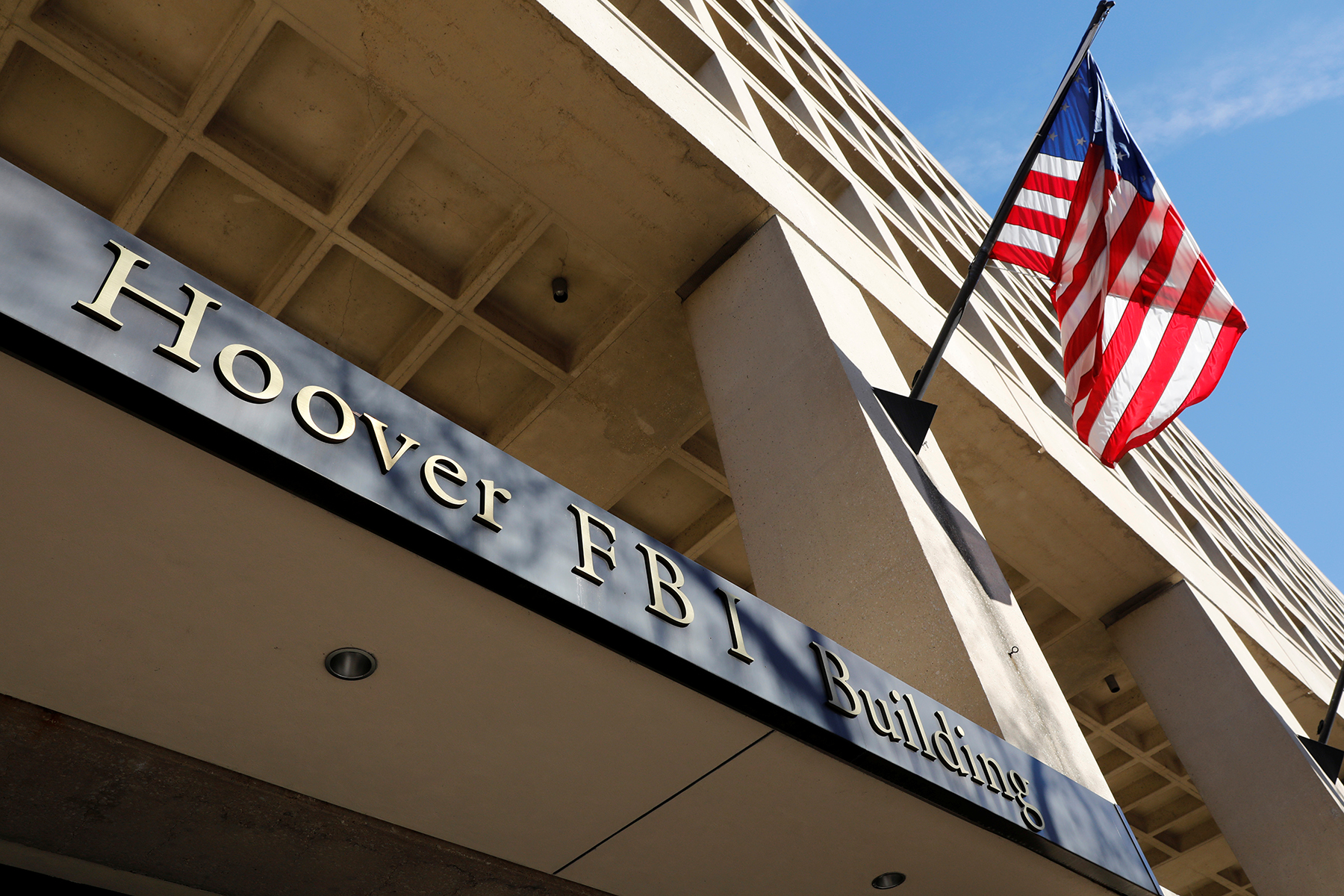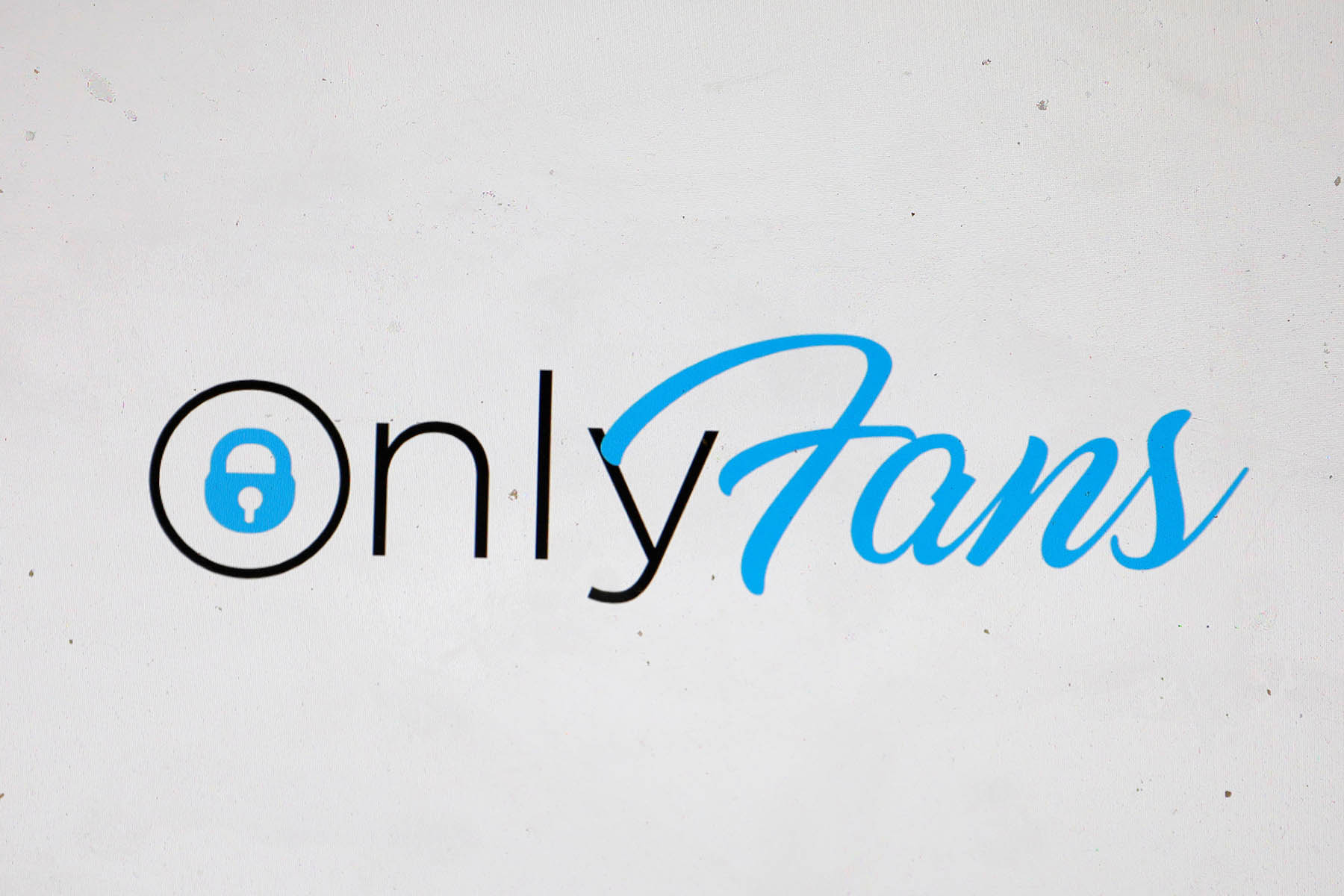On May 6th, the U.S. Supreme Court heard oral arguments in Barr v. American Association of Political Consultants, a case that challenges the government’s ban on automated calls–“robocalls”–on First Amendment grounds.
Brought by a professional organization of political managers, strategists, and pollsters, the lawsuit challenges the Telephone Consumer Protection Act, a law passed in 1991 that prohibits the use of automated calls to cell phones.
See also: Are Political Robocalls Protected Under the First Amendment?
The original law contained two exceptions: emergency calls and calls made with the person’s consent. Then, in 2015, Congress amended the statute to include a third exception: robocalls “made solely to collect a debt owed to or guaranteed by the United States.”
The political consultants argued that the law was content-based because some people could make robocalls while others couldn’t. Pointing to the third exception, the consultants argued that the law would permit calls about government-backed student loans and mortgages, but not political fundraising calls.
A federal district court initially rejected the consultants’ First Amendment claim, finding that the government had a compelling interest to collect on its debts. The plaintiffs appealed, and the case was brought before the U.S. Court of Appeals for the 4th Circuit which ultimately reversed the lower court’s decision. Notably, the 4th Circuit’s ruling only addressed the debt exception, leaving the general ban against robocalls intact.
During the oral arguments, the Justices focused less on whether the third exception was content-based, and more on whether the law should be struck down altogether.
In keeping with public health guidelines, the Supreme Court is conducting 10 oral arguments remotely via telephone. The audio of this hearing was live-streamed on C-SPAN, where a number of scholars commented on the Justices reactions in real-time.
“The Chief says this is an extremely popular law, the ban was around for years before the exception, the idea that congress would want the whole law struck rather than the exception seems, he suggests, way off base,” wrote Amanda Shanor, an assistant professor of constitutional law at the Wharton School of the University of Pennsylvania.
Tags




